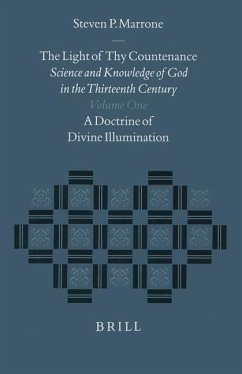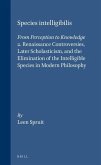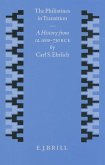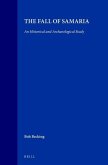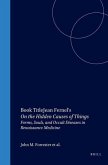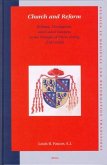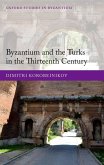This book is about the development of scholastic argumentation in thirteenth-century Europe. It traces the rise of a formal model of science and resulting accommodations in traditional attitudes towards human cognition, especially with regard to the role of divine illumination. Investigated are ten theologians from Robert Grosseteste to Duns Scotus, all commonly associated with a so-called Augustinian current. The analysis focuses on theory of knowledge and of mind, relating both to the account of human understanding of divinity in the world. Of interest to historians of medieval culture and historians of science, the book lays bare the intellectual transformations ultimately setting the stage for the emergence of modern science. It furthermore advances a novel argument about the reality of "Augustinianism" and "Aristotelianism" in high-medieval thought.

